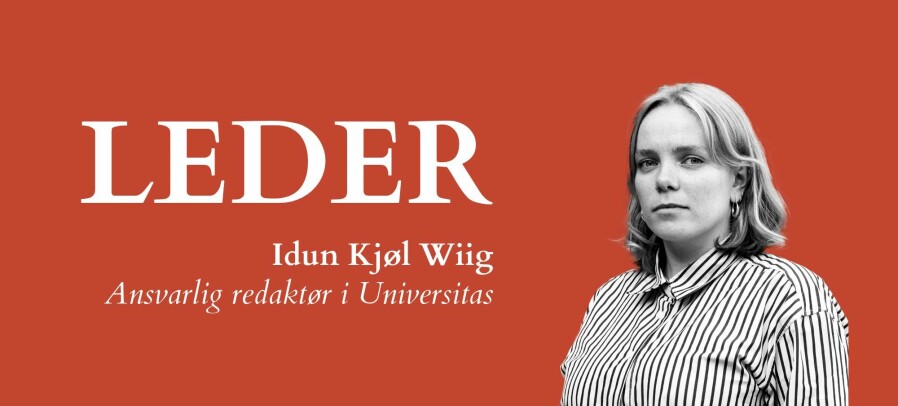Demands extra scholarships for students with disabilities
There are no additional economical support arrangements for students with disabilities in Norway. Disabled students are now demanding larger scholarships, smaller loans and year-round study support.
- The support you receive seems to depend on which executive officer handles your case. Eivor Berg, student with a disability.
Students with disabilities in Sweden and Denmark are offered specific arrangements when it comes to economical support, but Norwegian students have to be content with regular study support from The Norwegian State Educational Loan Fund or rehabilitation from The Norwegian Labour and Welfare Administration (NAV). The latter is an arrangement usually provided to people in re-education programmes.
– It’s embarrassing that there aren’t any better support arrangements for disabled students in Norway, says Adrian Tollefsen, leader of the organization Young Disabled.
Studies abroad and holidays are problematic
Young Disabled recently published a report in which they have three demands that are to ensure better support arrangements to student with disabilities:
• Year-round study support with the same monthly rate as other students, since students with disabilities often find it difficult to get a part-time job or summer job.
• A monthly additional scholarship that is to be used to cover expenses related to the disability in question.
• Full scholarship finance for students who use longer time in completing their education, if the delay is caused by the functional reduction.
Today, students with disabilities can apply for additional support for their education by applying for rehabilitation from NAV, but this support arrangement is not sufficient for students with disabilities, according to Adrian Tollefsen.
– You can, for example, receive rehabilitation for three years, and NAV can interfere with your study of choice. Additionally the student won’t be allowed to study abroad, and a prospective vacation has to be approved by the local NAV-office, explains Tollefsen.
Doesn’t fear misuse
The Norwegian Association of Students (StL) thinks it’s about time that better arrangements are offered to Norwegian students with disabilities, and the association supports Young Disabled’s demands fully.
– Students with disabilities should have every right to education that students with no disabilities have, and with today’s arrangements, they don’t. Quite simply, the system doesn’t work for them, says vice-chairman of StL Andreas Faye-Lund, who has participated in the preparation of Young Disabled’s report.
According to Faye-Lund a medical certificate should be enough documentary proof of a disability, and it should give a student the rights to the suggested support arrangements. He does not fear that the generous arrangement can be misused.
– The most important thing is that the most fair system possible is established, and that the students with disabilities can get the education they want, he says.
Promises pressure
The report that Young Disabled has worked out along with an economist concludes with the fact that the suggested arrangement for students with disabilities will be profitable for society. More people with disabilities in working life will in the long term lead to higher taxable income and lower welfare payments.
Freddy de Ruiter of the Norwegian Labour Party is vice-chairman in the Ministry of Education, Research and Church Affairs at the Storting and he thinks that the report outlines good solutions for the study support to the students with disabilities.
– We shouldn’t have clear consciences when it comes to students with disabilities, and I think that we absolutely should make an effort for this group, he says and claims that it should be a goal across party lines.
Ruiter promises to put pressure on the Ministry of Education and Research in the coming parliamentary period, whether he remains a member of the educational committee or not.
– I know there are efficient arrangements for students with disabilities in other countries. Norway has not come far, he says, and encourages the student politicians to put on the agenda the demand for better arrangements for students with disabilities.
































